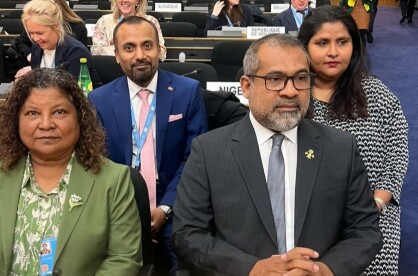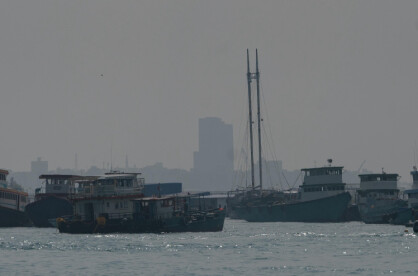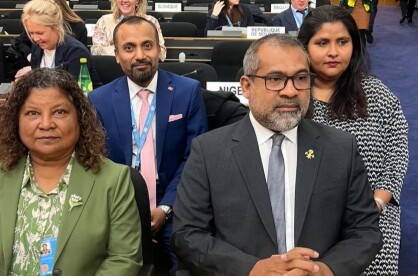On August 29, 2024, Fitch Ratings downgraded the Maldives' Long-Term Foreign Currency Issuer Default Rating (IDR) from "CCC+" to "CC," reflecting heightened concerns over the country's external and fiscal sectors. This downgrade signals a growing risk of a potential default on foreign currency debt, as the nation faces increasing pressure from its external debt obligations and fiscal imbalances.
In response to this downgrade, the Government of the Maldives has reaffirmed its commitment to addressing the risks highlighted by Fitch. The government is implementing a comprehensive set of fiscal consolidation measures aimed at stabilizing the economy and restoring investor confidence. These measures are designed to generate additional revenue, control public expenditure, and secure medium-term financing with the support of bilateral and multilateral partners.
Key fiscal consolidation measures
The government's approach to fiscal consolidation involves both revenue generation and expenditure control:
The revenue generation initiatives highlighted by the Government include:
1. Revision of airport taxes and fees: The government plans to adjust airport taxes and fees, a critical revenue stream given the Maldives' dependence on tourism. This revision is expected to enhance foreign currency inflows, strengthening the government's ability to meet external debt obligations.
2. Green tax adjustment: The Maldives will revise the Green Tax, collected from tourists, to increase its contribution to the national budget. This tax revision is part of a broader effort to capitalize on the thriving tourism sector.
3. Import duty revisions: The government is set to revise import duties on commodities associated with negative externalities. This adjustment aims to boost revenue while promoting environmentally and socially responsible consumption patterns.
4. Goods and Services Tax (GST) Act revision: A significant reform is underway to revise the GST Act, applying the destination principle in full. This change will broaden the tax base and ensure a steady flow of foreign currency into the Sovereign Development Fund, reducing pressure on the external sector.
In addition to this, the Government also unveiled some expenditure control measures that it is seeking to take such as:
1. Enhancing SOE efficiency: The government plans to improve the efficiency of State-Owned Enterprises (SOEs) by strengthening corporate governance, rightsizing the workforce, and achieving synergies across companies. These efforts aim to reduce the financial burden on the government while improving the performance of SOEs.
2. Targeted direct subsidies: The government will replace major indirect subsidies with targeted direct subsidies. This change is intended to ensure that subsidies are more effectively distributed, reducing unnecessary expenditure.
3. Social health coverage reforms: The government is addressing inefficiencies in the social health coverage system, with the goal of improving service delivery and reducing costs.
4. Oil price hedging strategy: To protect the economy from global oil price volatility, the government will implement an oil price hedging strategy. This approach will help stabilize the budget by mitigating the impact of fluctuating oil prices.
5. Strict control on discretionary expenditures: The government will enforce strict controls on avoidable discretionary spending, further tightening fiscal discipline.
The government also highlighted that it has already begun implementing key reforms, such as revising fisheries subsidies and adopting bulk procurement practices for medicines. In addition to this, the statement by the Finance Ministry also noted that in the coming weeks, the government plans to unveil additional details of its Fiscal Strategy for 2025-2027. This strategy aims to reduce financing requirements, improve fiscal and external positions, and ultimately restore macro-fiscal stability. The government remains optimistic that these efforts will positively impact the country's sovereign credit rating in the near future.







